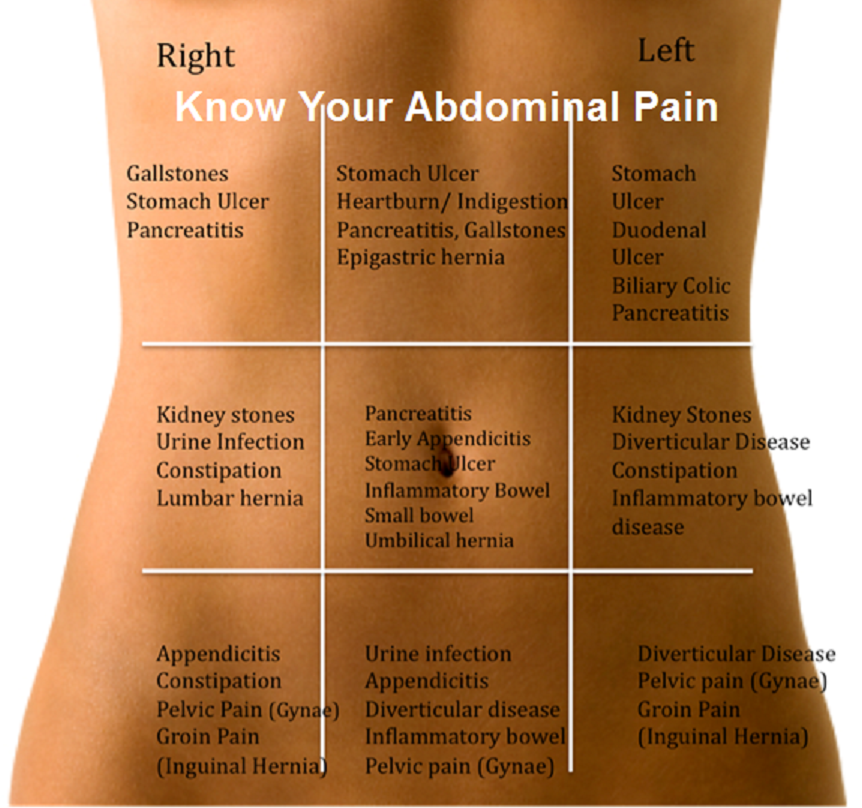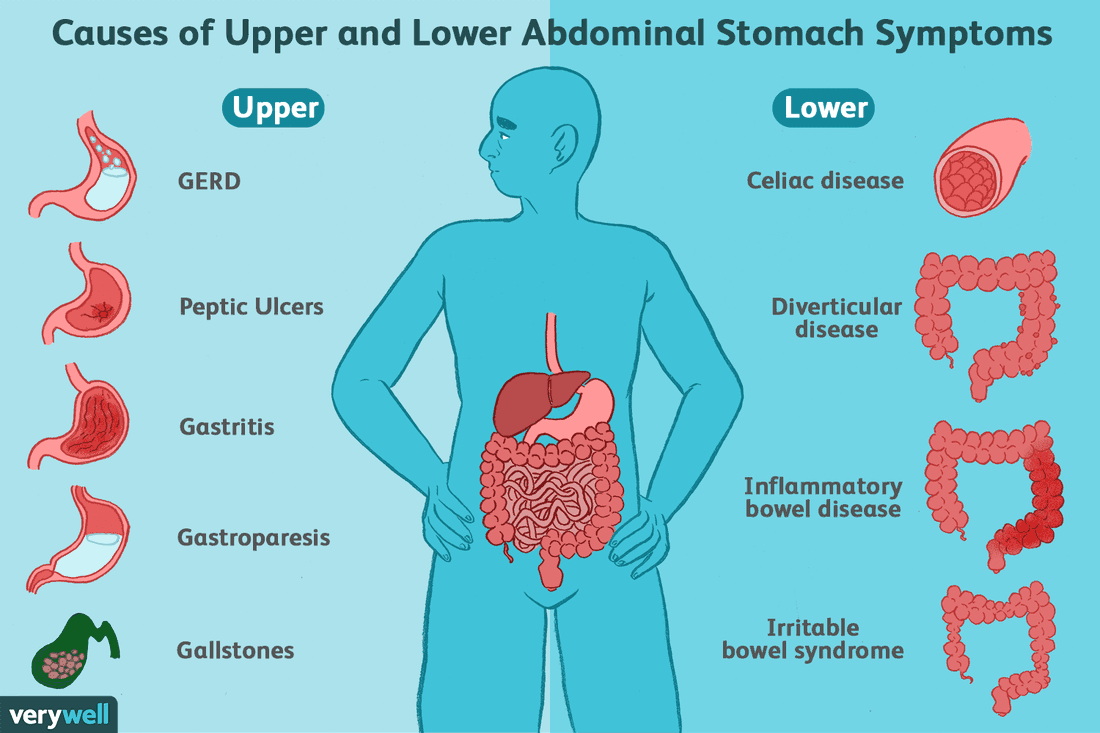
While there are many different causes of stomach aches, it is best to consult your doctor to find the source of the pain. If your symptoms are not a sign of an underlying medical problem, your doctor can prescribe an over-the-counter pain killer, such as paracetamol. Avoid taking aspirin or other anti-inflammatory medications, which will only make the pain worse. A warm bath may help relieve the discomfort.
The most common cause of a stomach ache is appendicitis, which is a type of acute recurrent headache. Children as young as three years old are susceptible to this disorder. In fact, one in three children sees a doctor by the time they are fifteen. An aching stomach without other symptoms is usually not considered a medical emergency and will not require immediate medical attention. However, if you experience pain after consuming certain types of foods or eating too much of them, you should contact your doctor as soon as possible.
If you notice a rash on your body or a yellowish discoloration in your intestines, you may have gallstones. Gallstones are small, hard deposits of digestive fluid in your gallbladder, which is located on the right side of the abdomen just below the liver. If you have this condition, you will experience pain in the abdominal area and nausea. Fortunately, most causes of a stomach ache are treatable at home, but if you are experiencing severe pain, you should consult your doctor.
In the case of a pediatric abdominal migraine, you might have a stomach ache, though it does not cause a headache. This condition is one of the most common causes of abdominal pain in children. Symptoms will vary, depending on the specific cause. If you suspect that your child is suffering from a stomach ache, he or she should get checked by a medical professional immediately. This will allow your doctor to rule out a serious illness and offer the proper treatment.
If you have blood in your stool, contact your doctor immediately. There are many different causes of abdominal pain that you should be aware of. Your doctor will be able to determine the exact cause of your pain and prescribe the right medicine for you. But if you have a chronic problem, it may be best to consult your doctor at saludremediosar.com to check your symptoms for your children's digestive pain.

Acute, recurrent headache in the stomach is known as migraine. It is common in preschoolers, but rare in middle and high school students. A headache in this area is more likely to be caused by a virus than a bacterial infection. Migraines may be accompanied by fever and nausea and may require treatment from a doctor. Your pediatrician will also want to rule out more serious conditions, since pain may be a symptom of an underlying condition.
If the pain is severe and persists for several hours, consult a doctor. In most cases, abdominal pain is not a serious condition, but it is important to see a doctor if you suspect there is an underlying problem. Often this is a symptom of a disease. But if the pain persists for several hours, see your pediatrician to rule out any underlying causes.
Another cause of abdominal pain is infection. An infection in the stomach can lead to infection. If the infection causes pain, it may be an underlying condition that requires medical attention. If you have no other symptoms, your doctor may do a simple blood test to determine the underlying cause of your abdominal pain. The healthcare professional will also check for signs of a viral or bacterial infection. If you suspect an underlying cause, consult your doctor.
Most causes of abdominal pain are not life-threatening and can be easily treated at home. If you have severe abdominal pain, you should see your doctor to rule out any underlying medical conditions. Inflammation of the intestines can cause severe stomach pain. The cause may also be inflammation of the intestines in the abdominal cavity. If your pain is caused by a bacterial infection, it will be more severe if you cough.
